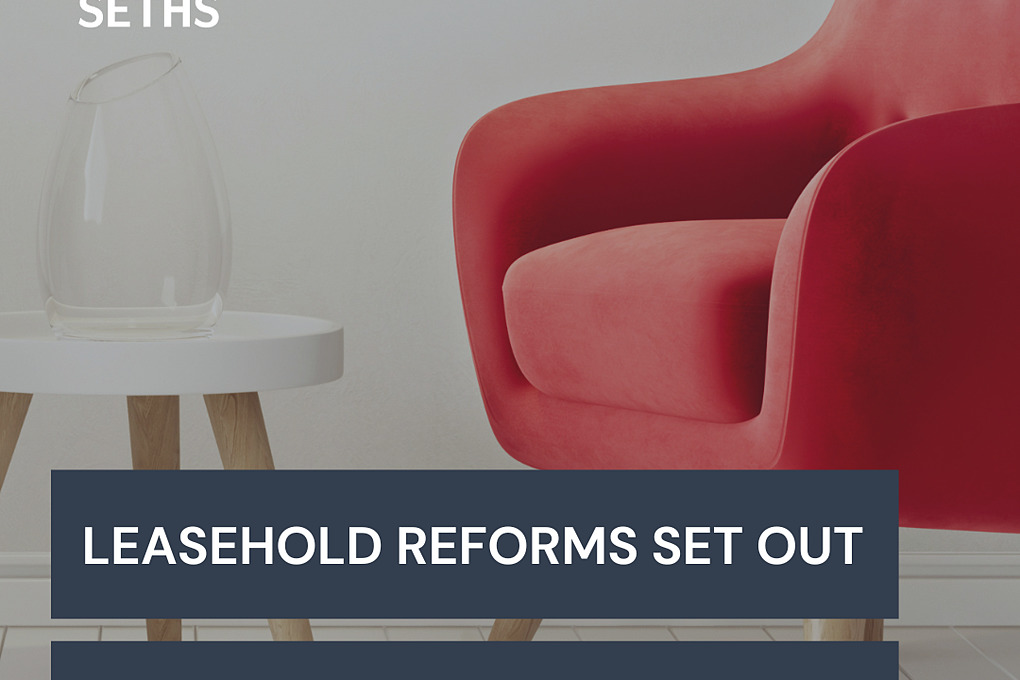Leasehold reforms set out Amid Concerns Over Delays

- Nov 22nd 2024
The government has pledged to overhaul the "feudal" leasehold system in England and Wales by the end of the current Parliament, amid growing concerns from campaigners about delays. Millions of leaseholders currently own the right to use their property for a limited time, paying significant annual ground rents to freeholders, alongside service charges.
Housing Minister Matthew Pennycook has announced a timeline for reforms that will make commonhold—the system where homeowners own their property outright without a lease—the default tenure before the next general election. However, campaigners warn that the changes may come too late for those trapped in exploitative arrangements.
Katie Kendrick, founder of the National Leasehold Campaign (NLC), welcomed the government’s commitment but voiced concerns about its pace. “Our main concern now is the fate of existing leaseholders suffering under unregulated managing agents and unscrupulous freeholders,” she said. “The government’s promise to 'act as quickly as possible' is not enough for many, with some of our members facing bankruptcy due to rising service charges.”
Timetable for Reforms
For the first time, the government has outlined a specific timeline for leasehold reforms under the Leasehold and Freehold Reform Bill passed earlier this year:
January 2024: The "two-year rule," which prevents leaseholders from extending their lease or purchasing their freehold within the first 24 months, will be abolished.
Spring 2024: Reforms will enable more leaseholders in mixed-use buildings to take over management from their freeholders. Leaseholders will no longer have to pay freeholders’ legal costs when making claims against them.
Second Half of 2024: A consultation will outline how the government intends to ban new leaseholds.
Additionally, the government plans to consult on measures to make it easier for leaseholders to challenge unreasonable service charges and require landlords to obtain court approval before passing legal costs onto leaseholders.
Addressing Existing Leaseholds
For current leasehold properties, the government will explore the conversion of existing flats to commonhold. However, some provisions in the 2024 bill will not be implemented due to identified flaws that require rectification. There are an estimated five million leasehold properties in England and Wales, with many owners facing excessive ground rents, escalating service charges, and difficulties with repairs.
Minister Pennycook stressed the urgency of the reforms, saying, “Millions of leaseholders and residential freeholders are suffering due to unfair practices. We fully appreciate the need to act urgently to provide relief.”
Responses from Stakeholders
Natalie Chambers, director of the Residential Freehold Association, expressed support for collaboration with the government, stating, “We welcome the recognition of the complexities in implementing leasehold reform and addressing flaws in the previous legislative approach.”
Labour, meanwhile, has faced criticism for dropping a pledge to abolish leaseholds within the first 100 days of taking office if elected.
While the reforms apply to England, the government has committed to working closely with the Welsh government to implement similar changes. Scotland and Northern Ireland operate under different property tenure systems, with Scotland having no leasehold tenure and Northern Ireland hosting only a small number of leasehold properties.








